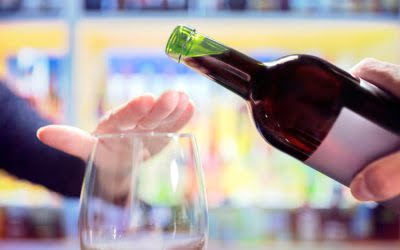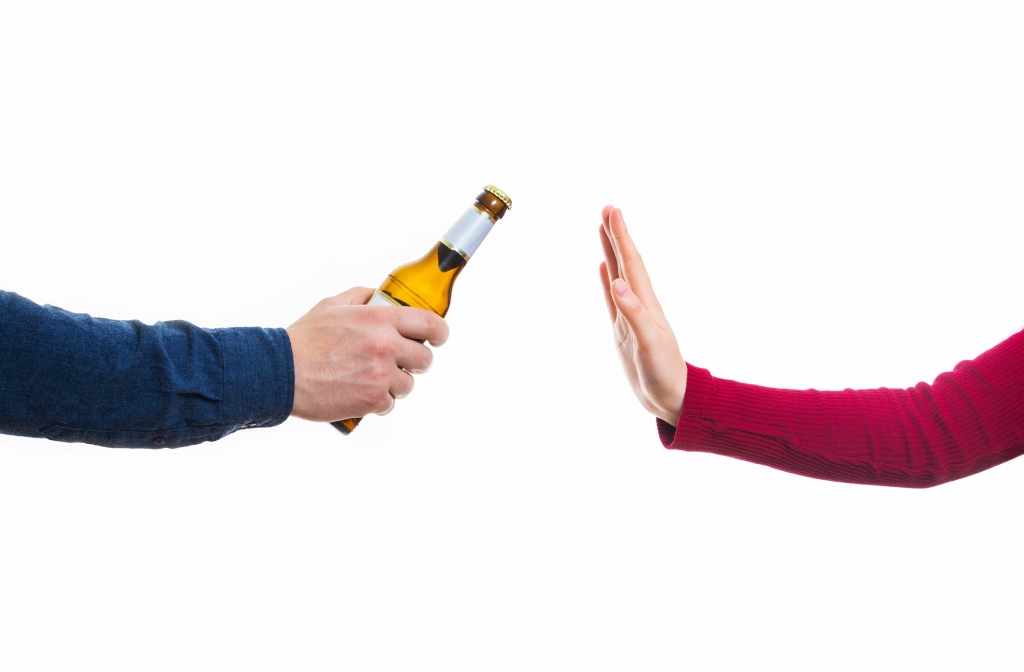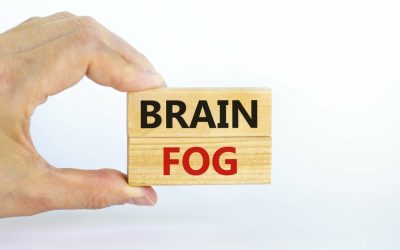by wadminw on August 26, 2022
Many people rely on alcohol’s calming effect after a rough day. They may believe it reduces their anxiety over the day’s events and helps them get to sleep. If this pattern repeats daily, a person is more likely to become dependent upon alcohol to fall asleep.
If you don’t want to give up booze altogether, try avoiding it at least three to four hours before bed and limiting how much you drink. We’ve covered more on how long before bed to stop drinking alcohol here. Detox and rehab can take place in inpatient or outpatient settings. Outpatient treatment is best for mild alcohol addictions, and it allows patients to attend doctor and therapy visits while still living at home. Inpatient treatment is best for moderate to severe alcohol addictions or people who have relapsed. Inpatient treatment involves living on-site at the detox or rehab facility, an approach that keeps patients in a healing environment and allows for better monitoring and treatment.
Your sleep space should be cool, quiet, and dark to create the optimal conditions for rest. These elements help calm your nervous system and promote deeper sleep. I got the flu and had no desire to drink alcohol for a week, and then it just stuck. I stopped the habit without really thinking about it, and to my surprise, it has completely http://pchela-i-uley.ru/bolezni-pchel-2/8/ improved my sleep. According to a recent survey by The Sleep Foundation, 61% of those surveyed found that they sleep better after abstaining from alcohol during Dry January. Dasgupta recommends avoiding large meals, caffeine, and alcohol at least 3 hours before turning in to prevent disruptions to your rest.

If you have a restless night after a drink or two, you might reach for an extra cup of coffee the next day to combat daytime sleepiness. If you’ve had a lot to drink, you might even have a hangover to contend with the next night, which won’t make sleeping any easier. For some, natural sleep aids such as melatonin supplements, valerian root, or chamomile tea can be helpful. These should be used responsibly and ideally, under the guidance of a healthcare provider. Manage your stress through techniques such as yoga, meditation, or cognitive behavioral therapy. These practices can help quiet your mind and make it easier to fall asleep naturally.
Alcohol’s impact on REM sleep can mean that even if you sleep for a full eight hours, you might not feel fully rested when you wake up. Developing new ways to fall asleep without alcohol will result in healthier habits, better relationships, and an overall higher quality of life. In this article, I will share the negative effects of consuming alcohol before bed and alternatives to alcohol for sleep so you can transform your relationship with alcohol once and for all. A soothing bedtime routine signals to your body that it’s time to wind down. Engage in calming activities such as taking a warm bath, reading a book, or listening to soft music. These activities can replace the sedative effects of alcohol, easing the transition into sleep for those who find it hard to sleep without alcohol.


Sleep is essential for your mental, physical, and emotional well-being, and adopting healthy sleep habits ensures that your body gets the restorative sleep it needs each night. For many professionals, stress and pressure is a common part of the working environment. The mix of poor sleep patterns and alcohol dependency can often blur the line between work and personal life, amplifying the stress. However, quitting alcohol can yield incredible improvements in terms of sleep quality. Alcohol use and dependence appear to interfere with circadian rhythms—biological patterns that operate on a 24-hour clock.
Doctors advise that 14 units of alcohol is the maximum you should drink per week. Regularly exceeding this can lead to poor health and risk of serious illness. The science behind why some people have insomnia and other people sleep well is complicated. Noise https://www.cialpharmedi.com/support-someone-with-alcohol-addiction/ can be distracting, prevent the onset of sleep, and lower the quality of sleep. They have backlit screens, which make them ideal for reading before bed in a dark room. In a 2019 study, subjects who listened to music before bed reported sleeping better than those who did not.

Everyone’s tolerance is different, so what’s moderate for one person may still be enough to disrupt someone else’s sleep. Consuming alcohol before bed may initially promote drowsiness, making you think it’s a good sleep aid. Again, REM is our slow-wave, deeply restorative, http://amikeco.ru/2004/03/molokane.html and emotionally supportive stage (9). Walker refers to REM as “overnight therapy” and “emotional first-aid” because of its powerful influence on emotional reactivity, anxiety, fear, and mood. Meaning that drinking alcohol as a sleep aid is more likely to leave you irritable, anxious, and struggling to concentrate the next day.